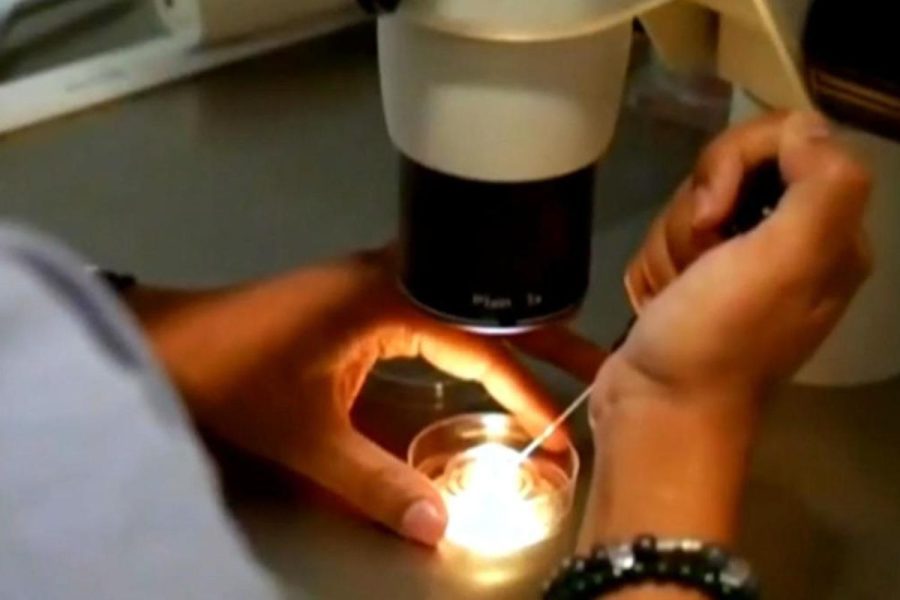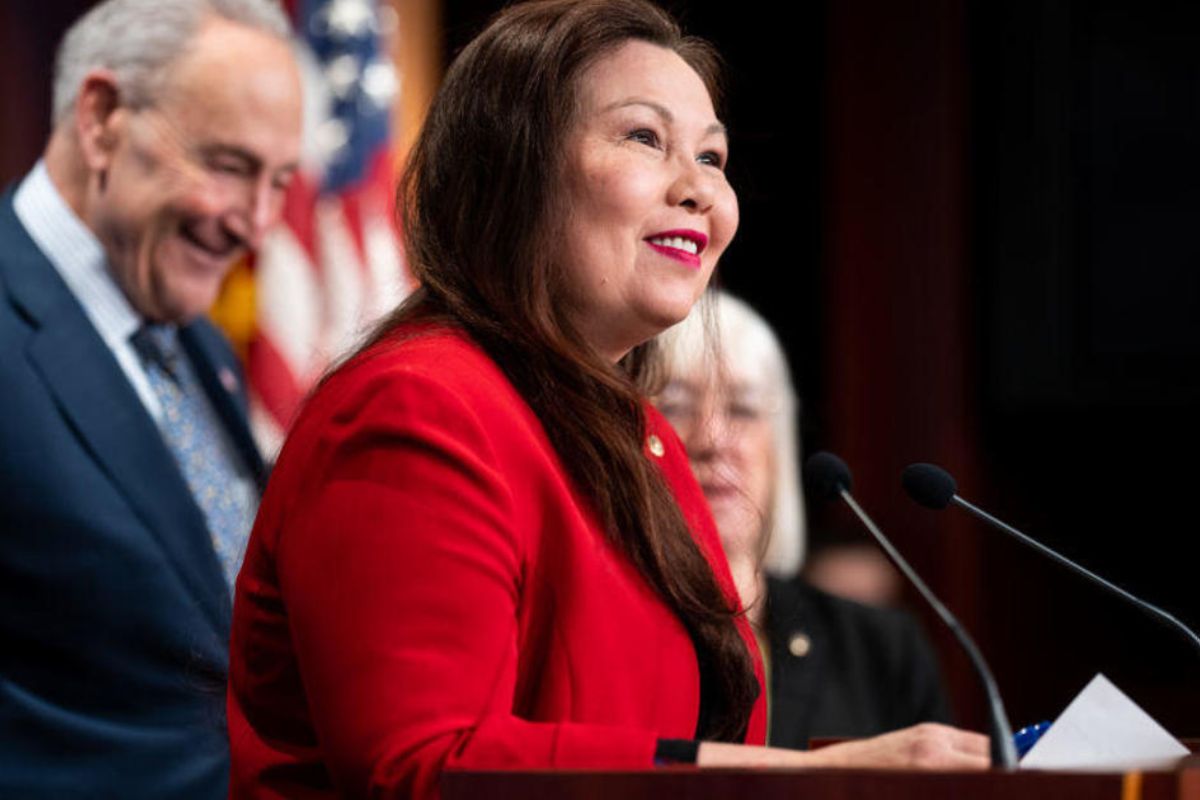Sen. Duckworth Critiques Alabama IVF Law: In a recent statement, Sen. Duckworth raised concerns regarding Alabama’s IVF legislation, pointing out areas that require attention and advocating for further enhancements. Her critique shines a spotlight on the intricate intersection between reproductive rights and legislative frameworks, sparking a necessary dialogue on the safeguards needed to protect patients’ autonomy and access to fertility treatments.
As Sen. Duckworth’s call for more comprehensive measures gains traction, it prompts a deeper reflection on the implications of existing laws and the potential avenues for improvement in the realm of assisted reproductive technologies.
Alabama Fertility Resumes In Vitro Fertilization Procedures Amidst Legislative Changes
Amidst significant legislative changes in Alabama, Alabama Fertility has successfully resumed in vitro fertilization procedures, marking a pivotal moment for reproductive healthcare in the state.
The atmosphere at Alabama Fertility in Birmingham was one of optimism as IVF services were reinstated following a temporary halt at almost half of the state’s clinics. This pause was prompted by a controversial Alabama Supreme Court ruling that classified frozen embryos as children, causing uncertainty and disruption in the fertility treatment landscape.
The resumption of IVF procedures at Alabama Fertility comes hot on the heels of crucial legislation passed by the Alabama legislature, which safeguards and ensures the continuity of IVF services in the state. The celebratory mood was palpable, with a champagne toast symbolizing not just the clinic’s reopening but also a victory for reproductive rights and access to assisted reproductive technologies in Alabama.
This development represents a significant step forward in ensuring that individuals and couples seeking fertility treatments can continue their journeys with confidence and support.

ALSO READ: Alabama Takes Center Stage in State of the Union Address
Legislative Victory Celebrated at Alabama Fertility with Resumption of In Vitro Fertilization Procedures
Following the recent legislative victory in Alabama, Alabama Fertility in Birmingham celebrated the resumption of in vitro fertilization procedures with a symbolic champagne toast, marking a significant moment in the state’s reproductive healthcare landscape.
The clinic’s joyous event came on the heels of swift legislative action that provided crucial protection to IVF services in the state. The decision to pause procedures was prompted by a controversial ruling from the Alabama Supreme Court, which had deemed frozen embryos as children, causing uncertainty and disruption in the field of reproductive medicine.
The resumption of IVF procedures at Alabama Fertility signifies a turning point for patients and healthcare providers alike, reinstating access to vital fertility treatments and offering hope to those navigating the complexities of assisted reproductive technology.
This legislative win not only safeguards the rights of individuals seeking fertility assistance but also underscores the importance of clear and supportive laws in advancing reproductive healthcare practices.
Patients’ Hope Renewed as Alabama Fertility Resumes In Vitro Fertilization Procedures
With the resumption of in vitro fertilization procedures at Alabama Fertility in Birmingham, renewed hope and optimism now fill the hearts of patients seeking assisted reproductive treatments. The recent legislative changes have paved the way for patients to once again pursue their dreams of starting a family through IVF. Here are three key takeaways from this development:
- Legal Protection: Patients can now undergo IVF procedures without the fear of clinics facing criminal liability, providing a sense of security and peace of mind during their fertility journey.
- Emotional Relief: The lifting of the temporary halt on IVF procedures brings emotional relief to patients who have been eagerly waiting to continue or start their fertility treatments, allowing them to progress towards their family-building goals.
- Reaffirmation of Rights: The resumption of IVF services reaffirms patients’ rights to access assisted reproductive technologies without unnecessary legal barriers, empowering them to make informed decisions about their reproductive health.

Legislative Changes Bring Relief to Alabama Fertility Patients Seeking In Vitro Fertilization
The recent legislative changes in Alabama have brought a sense of relief to fertility patients at Alabama Fertility in Birmingham who were seeking to undergo in vitro fertilization procedures. Amid a celebratory atmosphere at the clinic, the new laws have overturned a previous halt on IVF services that was prompted by a controversial Alabama Supreme Court ruling.
Nearly half of the state’s clinics had suspended IVF treatments, causing distress among families struggling with fertility issues. Governor Kay Ivey’s signing of the legislation has now provided essential protection to both clinics and patients, allowing Alabama Fertility to resume offering IVF procedures. This development has instilled renewed hope in these families, who can once again pursue their dreams of parenthood through assisted reproductive technology.
The legislative changes mark a significant turning point for fertility patients in Alabama, emphasizing the importance of legal protections and access to reproductive healthcare services.
News in Brief
Alabama Fertility in Birmingham joyfully resumes in vitro fertilization (IVF) procedures following legislative changes. A champagne toast symbolizes not just the clinic’s reopening but also a victory for reproductive rights in Alabama. The swift legislative action addresses uncertainties arising from a controversial Alabama Supreme Court ruling, ensuring the continuity of IVF services.
This milestone provides patients with legal protection, emotional relief, and reaffirms their rights to access assisted reproductive technologies. The legislative changes, signed by Governor Kay Ivey, mark a turning point, emphasizing the significance of legal safeguards and access to reproductive healthcare services in Alabama.

